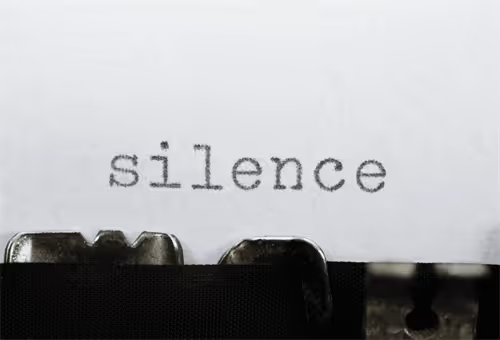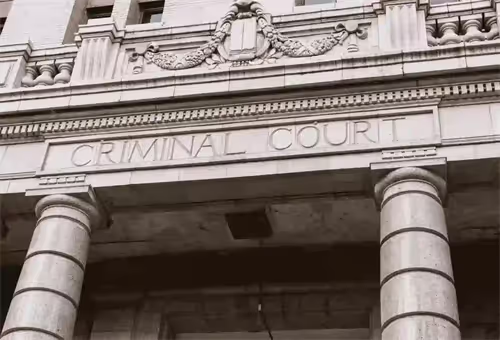Introduction
Facing criminal charges in Australia can be a daunting experience. Whether you are an international student, temporary visa holder, or long-term resident, it is essential to understand your rights and the proper steps to take if you are accused of a crime. With increased government focus on offences such as domestic violence, traffic violations, money laundering, and cannabis-related charges, staying informed is crucial. This guide provides practical steps to help you navigate the legal process and safeguard your legal interests.
How to Respond After Receiving a Police Charge Notice
When the police charge you, you will receive a formal notice outlining the offence, the facts of the case, and your court date. Here is what you should do:
- Read the charge notice carefully to understand the accusations and the maximum penalties.
- Decide whether to plead guilty or not guilty. A guilty plea can sometimes lead to a lighter sentence, but only if you fully accept the allegations.
- Seek legal advice immediately if you believe the charges are wrong or if you wish to plead not guilty. A good lawyer can guide you through the court process and build a strong defence.
What to Do If Taken to the Police Station
If you are taken in for questioning:
- Remain calm. Stress and panic can work against you.
- Exercise your right to silence. Politely inform the police that you will not answer questions until your lawyer is present.
- Contact a criminal defence lawyer as soon as possible. Your lawyer can help with bail applications and protect your legal rights.
How to Handle Police Questioning and Searches
When dealing with police:
- Be polite but assertive. You only need to provide basic identification information.
- Understand your rights. Anything you say can be used as evidence, so choose your words carefully.
- Comply with searches if police have a warrant or valid grounds, but remember you can later challenge an unlawful search through your lawyer.
Bail and Release Procedures
If you are taken into custody:
- Police bail is often available immediately. Conditions may include regular reporting to police, travel restrictions, or surrendering your passport.
- Court bail is available if police refuse bail. This is decided by a magistrate at your court appearance. Bail for serious offences like major drug crimes or violent assaults is much harder to secure.
Why You Should Seek Professional Legal Help
When facing criminal charges, having an experienced defence lawyer is critical. The Brightstone Defence is committed to protecting your rights at every stage, from police questioning to court representation and bail applications. We are here to help you achieve the best possible outcome.
Contact Brightstone Defence today for expert criminal defence support.
Disclaimer: This content is based on real cases and news reports and is intended for general informational purposes only. It has been prepared by the criminal lawyer team and reviewed by Partner lawyer Alex Cao. It is not legal advice, and you should consult a qualified lawyer regarding your specific circumstances.




